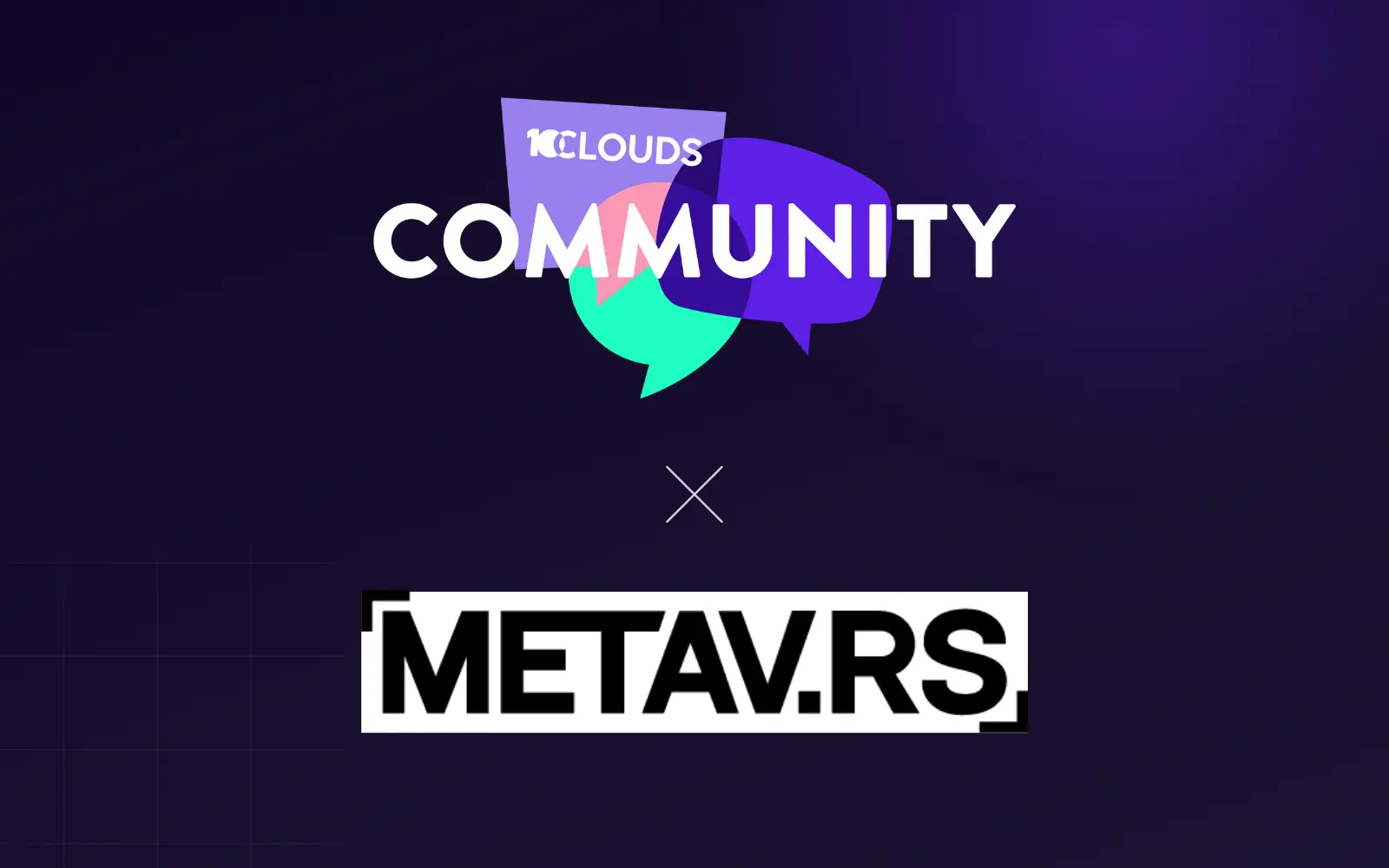
The hottest terms in tech include the Metaverse and cryptocurrency. Even though they are very different, they depend on each other a lot as they grow. This is due to the widespread belief among IT developers and financiers that cryptocurrencies like bitcoin and decentralized networks like the Metaverse will eventually form an integral part of the next-generation internet known as Web3.
A Perfect Match
Nick Cave and the Bad Seeds, like paradise and hell, peanut butter and jam, and many other things, go together well. Technology is no exception. Both the Metaverse and cryptocurrencies can function independently, but the potential for overlap between the two is clear. The primary reason for this is that crypto can be used as currency in the Metaverse.
Yet the Metaverse is much more than a computer-generated simulation. It's a parallel universe where cryptocurrency is the standard method of exchange for goods and services. The virtual world has a lot less friction than the real one, which is a major benefit. With the click of a mouse or the tap of a finger, we may instantly transport ourselves (or our avatars) to any location on the Internet. No need for an elaborate and costly mode of transportation, passports, or suitcases.
Cryptocurrencies work the same way. Traditional monetary transactions necessitate a huge network of banks and regulators to serve as custodians, middlemen, and clearinghouses. However, for the vast majority of bitcoin transactions, software compatible with everyday computers is all that's required.
Blockchain as the Mainstay
The blockchain is the technology behind both cryptocurrencies and the Metaverse. It’s a distributed digital ledger that keeps track of transactions and makes the information publicly available. Peer-to-peer (P2P) transactions using a blockchain network can eliminate the need for trusted third parties. As a result, this can facilitate a variety of benefits, including lower prices and shorter processing times for financial transactions.
For use exclusively in digital economies, the blockchain and digital currencies built on it were designed. It has been speculated that the Metaverse employs blockchain technology to enable permissionless interactions. This is because they have access to immersive services and 3D virtual worlds.
Numerous examples of 3D immersive worlds, such as video games, exist today. The majority of these games and services provide in-app purchases for various virtual goods. Also, before buying, consumers might virtually try on clothing in the Metaverse. It's possible that consumers may use a digital replica of their house to test out furnishings or evaluate how a remmetaodel will affect the space.
It is the goal of the Metaverse to allow users to create their own virtual worlds in which they can communicate with others through the use of lifelike, animated avatars. From the standpoint of users, the Metaverse is a free-for-all zone where direct peer-to-peer transactions can offer the possibility of fast settlement of cash and nearly zero expenses. Most importantly, item ownership can be guaranteed using an NFT.
Non-fungible tokens (NFTs) are a form of virtual currency. An NFT can take the form of anything from a work of art to a digital collectible to a digital representation of a physical good or service.
Dolce & Gabbana, Coca-Cola, Adidas, and Nike are just some of the big brands that have joined the NFT. When you buy something from a company in the real world in the future, you might also get a linked NFT in the metaverse. This trend has been picked up by tech startups that help brands create 3D NFTs.
"We create 3D environments where people, end-users, can walk through. It's accessible from web browsers. It's very easy to access from a mobile phone. And then the customer can purchase NFTs of the brand, and we can provide a gateway for brands to the Metaverse, meaning that you can purchase a pair of shoes and you will get the decentralized version of it," said Clément Foucher, Co-founder of METAV.RS.
A Few Top Metaverse Cryptos
There are a few cute initiatives that are trying to bridge the gap between cryptocurrency and the Metaverse. You can buy, trade, and manage your virtual property on the Decentraland platform. Any world you create can be explored by anybody with a smartphone, computer, or VR headset, and you're free to make it as you like.
There is also the online video game Axie Infinity, which leverages Ethereum-based coins for its non-fungible token-based in-game economy. Competing for Axis tokens, players cultivate fictional creatures known as Axies and pit them against other teams. New Axies, training for existing Axis to increase their attributes, and the soon-to-be-released virtual territory within the Axie Infinity universe are all things that may be purchased with the tokens. More than a quarter of a million people play Axie Infinity every day.
In the Sandbox, users can purchase and sell virtual real estate and other assets with the Metaverse currency SAND. With the power of SAND cryptocurrency, they might create and modify anything they imagine, then profit from their virtual experience. A number of well-known investors, including SoftBank, one of the world's leading technology investment firms, have put money into the Sandbox.
There is growing consensus that the Metaverse may play a significant role in shaping the future of cryptocurrencies and determining the extent to which it will impact society, even if no one can predict exactly what that future will look like at this point.
» Read our article to learn more about the use of blockchain outside Bitcoin and unexpected ways of blockchain application
Final Thoughts
The crypto market is extremely large despite the wild ride that has become synonymous with it in 2022. Healthcare has adopted blockchain, among other critical industries. Recent projections have pegged the market value at $32.42 billion by 2027, up significantly from an estimated $1.78 billion in 2021. In addition, the Metaverse is expanding rapidly, with many predicting that cryptocurrencies will play a significant role in the Metaverse's virtual market as firms and commerce relocate there.
Looking for an expert team to help you create a Web3 project?
Get in touch with our Head of Sales, Dennis Van Der Vecht, for a free blockchain consultation at dennis.vandervecht@10clouds.com or +48 793 200 141.



